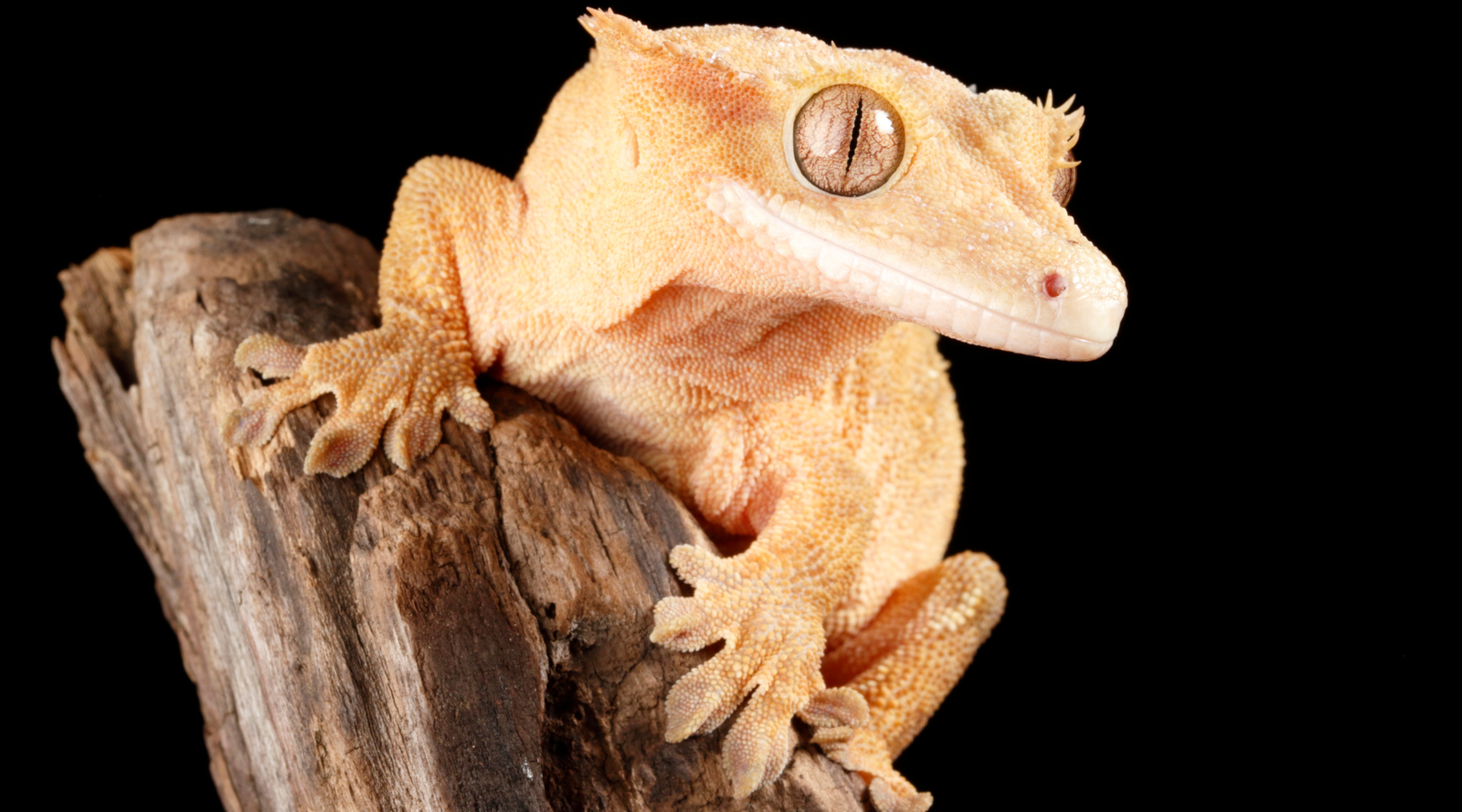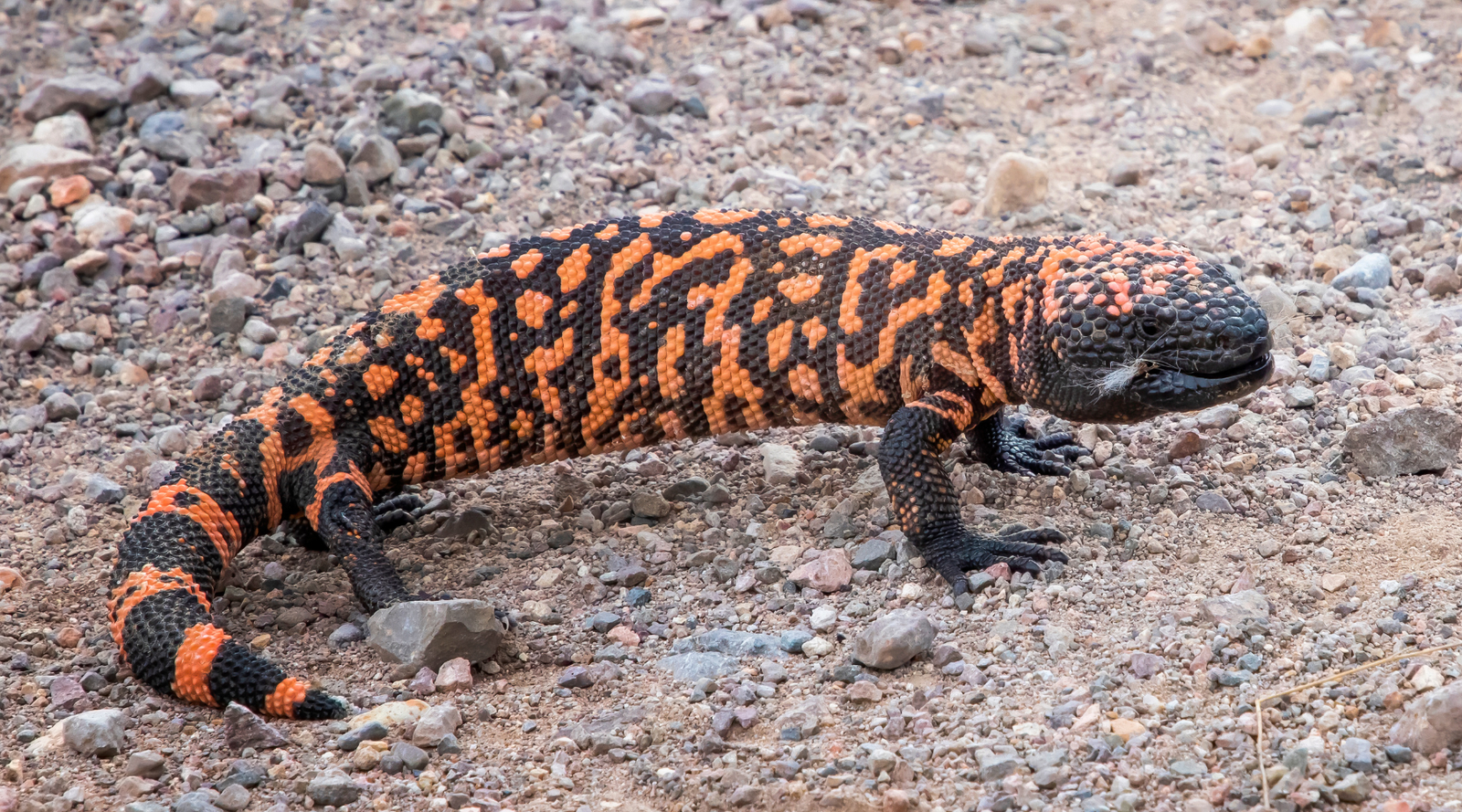Do Bats Hibernate in the Winter?
One of the questions that frequently arises when discussing bats is: do bats hibernate in the winter? But the answer isn't a straightforward one. In this blog post, we'll explore the world of bat hibernation, shedding light on the ways in which these small creatures survive the winter months.

Do Bats Hibernate?
Some bats hibernate, some bats migrate, some do both, and others don't hibernate or migrate at all.
Types of bats that hibernate include:
- Little Brown Bat
- Big Brown Bat
- Gray Bat
- Eastern Pipistrelle
- Indiana Bat
- Townsend's Big-eared Bat
Why Do Some Bats Hibernate?
While not all bat species hibernate, many do, especially those found in regions with cold winters.
Hibernating allows bats to conserve energy, so they can survive on the fat they've stored up before temperatures dropped.
Their primary food source is insects, which are scarce during cold weather. During hibernation, a bat's metabolic rate drops significantly and their body temperature lowers, allowing them to survive for extended periods with no food.
Studies have found that hibernating bats and bears may have similar metabolisms, although bats can reduce their metabolisms further - by up to 95 to 98%.

When Do Bats Hibernate?
Many bats begin to hibernate in November and wake up from hibernation around March. As the weather warms, bats gradually emerge from hibernation, becoming more active and seeking food, although they may once again enter a torpid state during periods of colder weather.
Where Do Bats Hibernate?
Bats seek out hibernation sites that offer suitable conditions for their winter slumber. Preferred locations are usually dark and isolated, making caves, mines, and old buildings ideal choices. These sites provide the stable temperatures bats need for hibernation and protection from predators.
The places bats choose to hibernate are called 'hibernacula'.

The Importance of Understanding Bat Hibernation
Understanding bat hibernation is essential to help in their conservation, particularly when there are various threats putting many species at risk.
Knowing where and when bats hibernate is crucial for their protection. Disturbing hibernating bats is harmful, as it can cause them to use up their precious energy reserves prematurely.
Bats play a vital role in ecosystems by controlling insect populations and aiding cave preservation, as well as being pollinators. Ensuring their survival through the winter is essential for maintaining ecological balance.
Some bats, such as Little Brown Bats and Big Brown Bats hibernate, others migrate, whereas some do both or neither. Hibernation allows certain species to survive cold weather when insect supply is scarce. Understanding and respecting bat hibernation is essential for their conservation and for maintaining the intricate web of life in which they play a crucial role. Show your support for these important creatures with our bat apparel - every order donates to ecological nonprofits and plants trees.
















Leave a comment (all fields required)